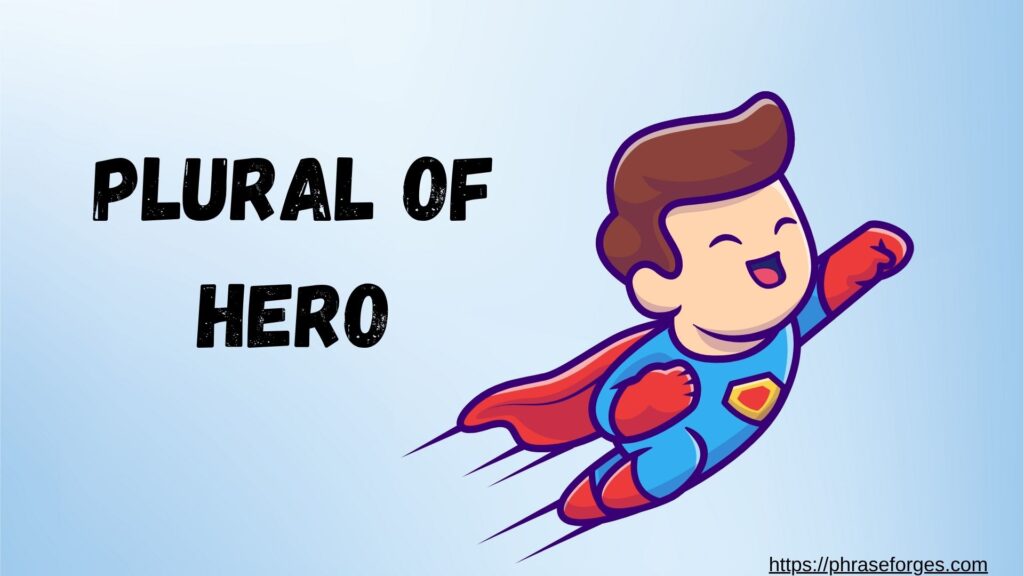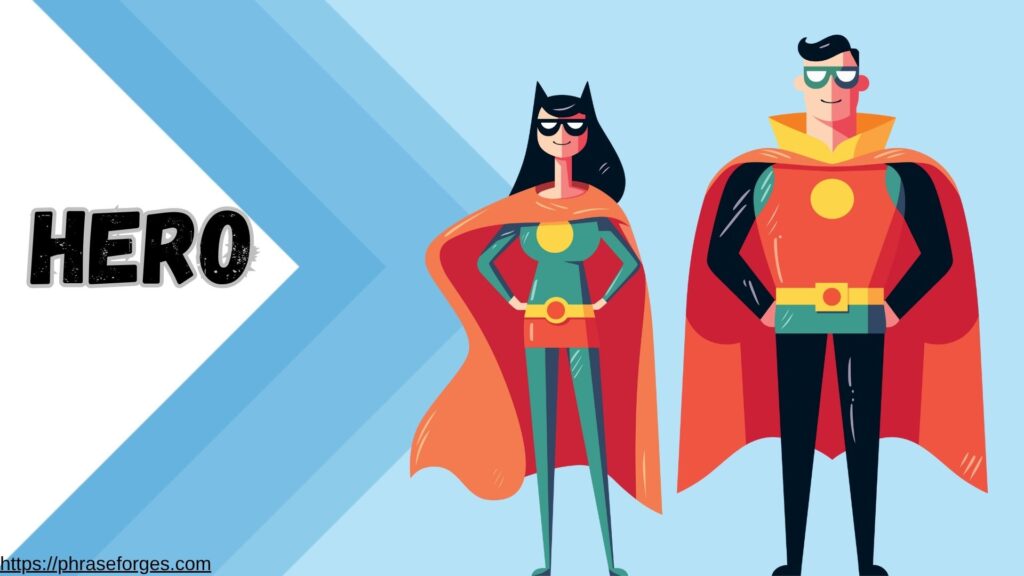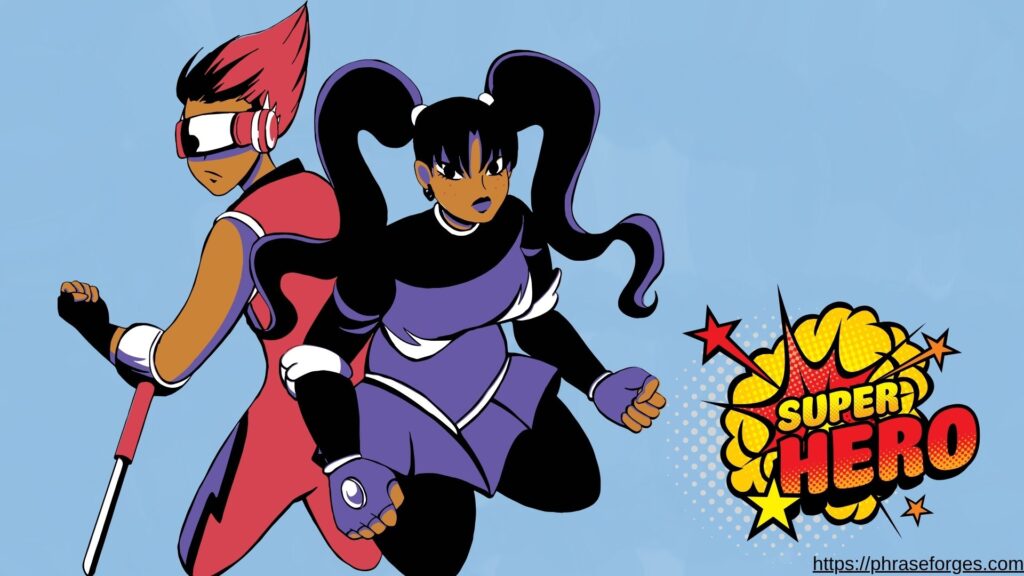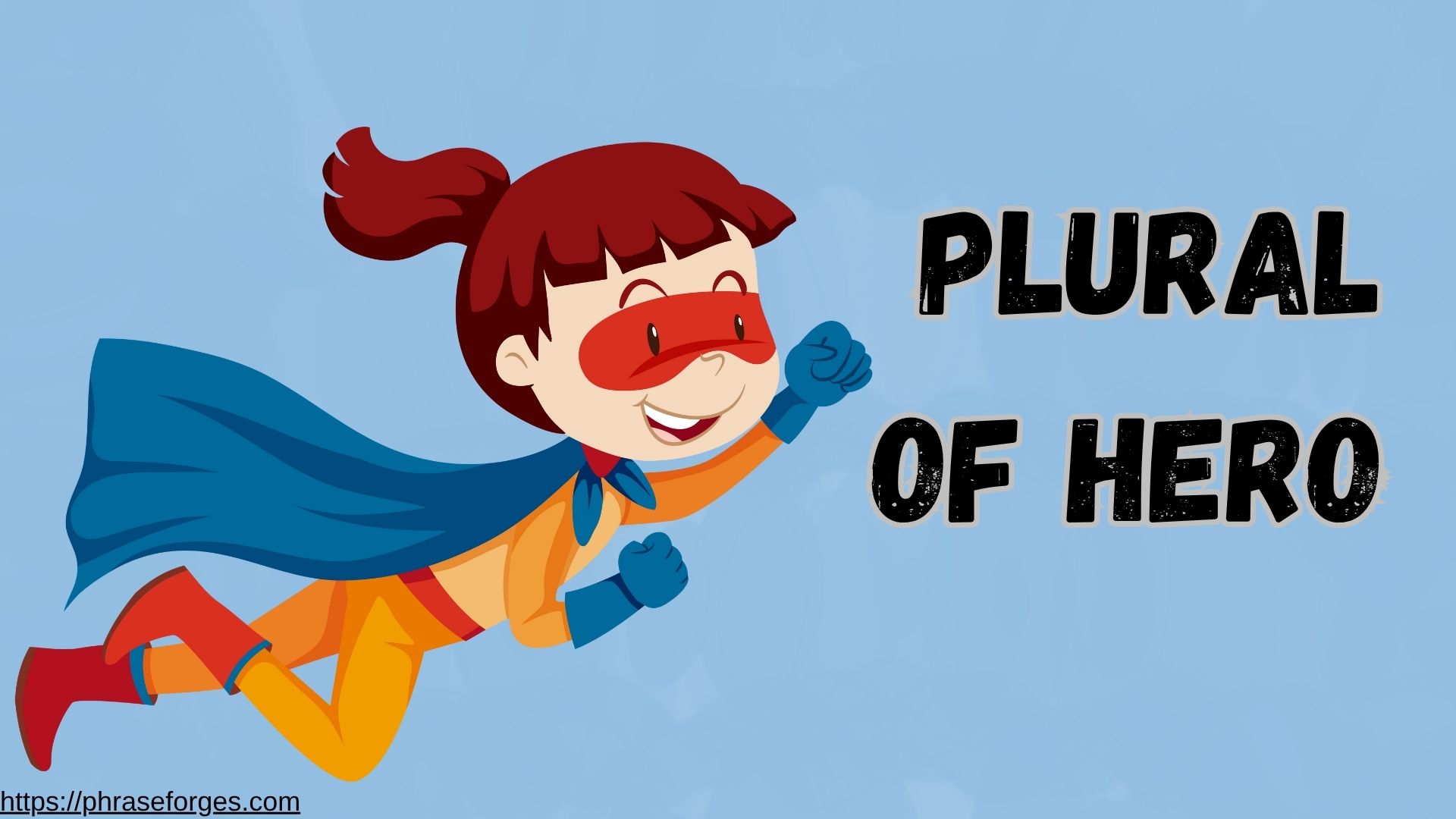When diving into English grammar, one common question stands out: What’s the plural of “hero”? Is it “heros” or “heroes”? Understanding this distinction not only clarifies communication but also enriches our appreciation of the language. Let’s explore the correct form and its implications through engaging scenarios.
The Correct Plural: Heroes

The plural of “hero” is “heroes.” This follows the established rule for nouns that end in -o preceded by a consonant. In such cases, you typically replace the -o with -es.
Example Scenario: A Community Email
Imagine this email from a community organizer:
Subject: Honoring Our Local Heroes
Dear Volunteers,
I hope you’re all doing well! I want to take a moment to recognize the heroes who selflessly serve our community. Their contributions make a real difference in people’s lives.
Join us next Saturday at noon for a gathering to honor these heroes. Bring your friends and let’s celebrate their bravery together!
Best,
Emily
In this email, Emily clearly refers to multiple heroes, emphasizing their importance in the community.
Common Mistakes: Using “Heros”
While “heros” may seem like a tempting option, it’s incorrect. Many people might use “heros” due to its phonetic appeal, but sticking to “heroes” is key to clear communication.
Example Scenario: A Text Message Mix-Up
Consider this casual text exchange:
Text from Jake: “Did you check out that new movie about the heros? It was amazing!”
Jake’s use of “heros” showcases a common error. The corrected text would enhance clarity:
Corrected Text: “Did you check out that new movie about the heroes? It was amazing!”
The Importance of Context
Using “heroes” versus “heros” can significantly impact how your message is received. In professional or academic settings, precision is essential.
Example Scenario: A Blog Post
Imagine a blog post discussing the impact of heroes in society:
Title: The Impact of Modern Heroes on Society
Content:
From firefighters to scientists, modern heroes come in various forms. These individuals not only inspire us but also embody courage and noble qualities. Their stories remind us of the outstanding achievements that can transform lives.
In this blog, the use of “heroes” reinforces the author’s credibility and clarity.
The Origin of the Word Hero

To fully grasp the term, let’s examine its roots. “Hero” originates from the Greek word “heros,” which referred to figures of great strength and courage. This origin enriches our understanding of what it means to be a hero today.
Example Scenario: A Classroom Discussion
Picture a teacher explaining this origin:
Teacher: “Today, we’re exploring the term hero. It comes from Greek mythology, where heroes were celebrated for their extraordinary feats. Remember, the plural is heroes, not heros!”
This context helps students grasp the term’s significance while reinforcing proper usage.
Similar Pluralization Patterns
Recognizing similar patterns can aid in mastering English. Here are a few other nouns that follow the same pluralization rule:
- Potato → Potatoes
- Mango → Mangoes
- Tomato → Tomatoes
Example Scenario: A Fun Classroom Quiz
A teacher might create a quiz about plural nouns:
Quiz Question: What is the plural of buffalo?
- Buffalos
- Buffaloes
- Buffalo
The correct answer, buffaloes, reinforces the lesson on pluralization.
When “Heros” Might Appear

While “heros” is generally incorrect, it can appear in specific contexts. For example, in fictional works, characters might refer to themselves in a stylized manner.
Example Scenario: Comic Book Dialogue
In a comic book, a hero might declare:
Hero Character: “As heros, we will protect this city from all threats!”
This creative usage, while not standard, showcases the flexibility of language in storytelling.
Recognizing True Heroes
Understanding who qualifies as a hero often involves exploring their characteristics. Many admire heroes for their bravery, selflessness, and outstanding achievements. These individuals can range from civil rights leaders to everyday champions.
Example Scenario: A Community Newsletter
A local newsletter might highlight various heroes:
Title: Celebrating Our Community Heroes
Content:
This month, we honor our civil rights heroes who paved the way for equality. Their courage and determination continue to inspire us. Join us in celebrating these unsung champions at our upcoming event!
This newsletter effectively showcases the significance of heroes in a community context.
Conclusion: The Final Word
In summary, the plural of “hero” is definitively “heroes.” Using the correct form not only enhances your communication skills but also reflects a deeper understanding of language. Whether you’re drafting an email, sending a text, or writing a blog post, clarity matters.
Next time you discuss heroes, remember to spell it correctly! This small detail ensures your message is both professional and impactful. By recognizing and using the right terminology, you contribute to clearer communication.

